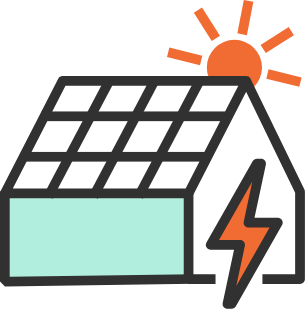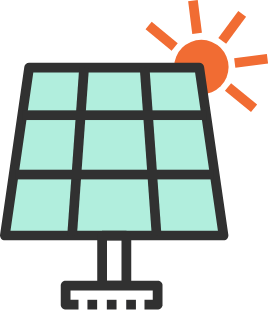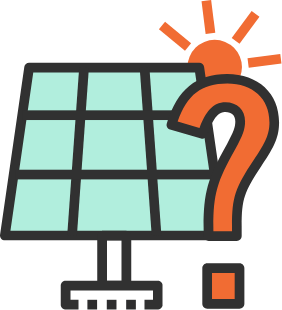-
How Do Solar Panels Work?
Want to learn more about the world of photovoltaic cells? You're in luck! We have an awesome outline that covers the basics of solar panel systems and how they can work at your home. Check out our guide to get started.
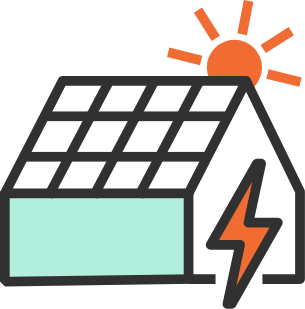
How Do Solar Panels Work?
-
Solar Installation Top Tips & Contractor Questions
As with any major home improvement project, you want to do it right. From using the right solar panel contractor to the final installation, we've put together a list of tips for our members to review when considering solar panels for your home or business. Due diligence is critical to ensure you get the most from your solar energy system.
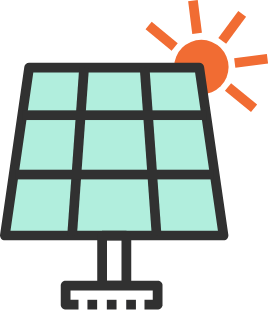
Solar Installation Top Tips
-
Get Answers to Your Biggest Solar Energy System Questions
Have a question about solar panels? Don't worry; you're not alone. Solar energy systems come in various shapes and sizes to accommodate different needs. Check out our list of frequently asked questions to see if we've got the answer you need.
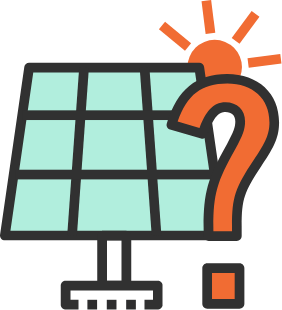
Solar FAQ
How Do Solar Panels Work?
Want to learn more about the world of photovoltaic cells? You're in luck! We have an awesome outline that covers the basics of solar panel systems and how they can work at your home. Check out our guide to get started.
Solar Installation Top Tips & Contractor Questions
As with any major home improvement project, you want to do it right. From using the right solar panel contractor to the final installation, we've put together a list of tips for our members to review when considering solar panels for your home or business. Due diligence is critical to ensure you get the most from your solar energy system.
Get Answers to Your Biggest Solar Energy System Questions
Have a question about solar panels? Don't worry; you're not alone. Solar energy systems come in various shapes and sizes to accommodate different needs. Check out our list of frequently asked questions to see if we've got the answer you need.

